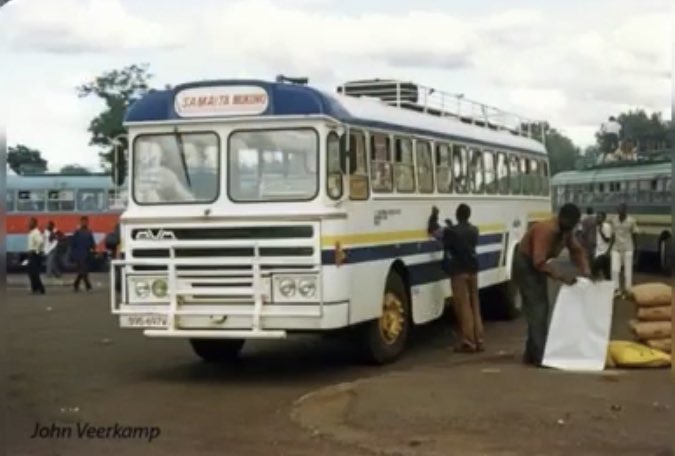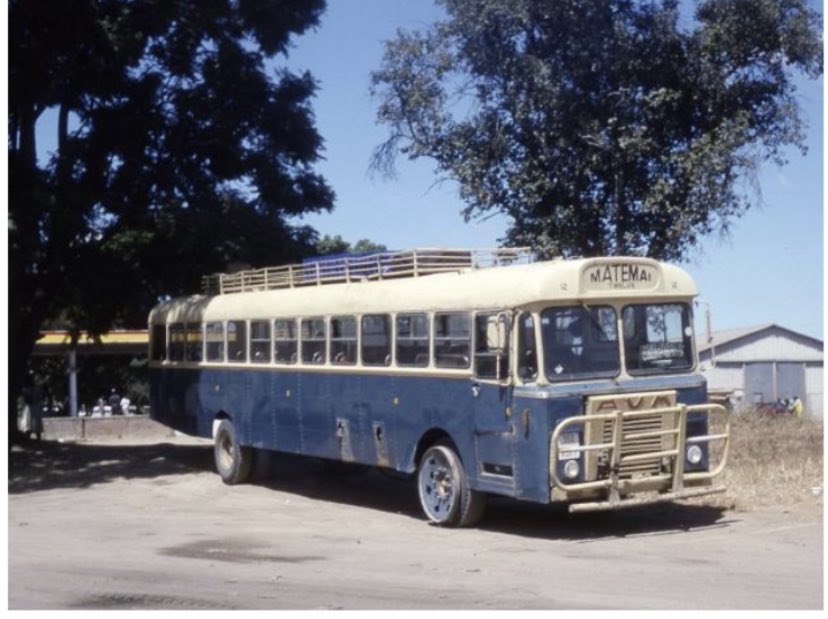
1. Left is the late former Chief Justice Godfrey Chidyausiku. On the right is his successor Chief Justice Luke Malaba. Months before CJ Chidyausiku reached his 70th birthday he started the process of choosing his successor. 4 days before he is 70, CJ Malaba has no successor. 



2. In fact, everything points to CJ Malaba succeeding himself. This is ironic. CJ Malaba was the beneficiary of CJ Chidyausiku’s respect of constitutional limits to his judicial term. He had his faults but on this occasion, he did what a professional judge & leader would do.
3. 4 years later, it’s CJ Malaba’s turn to give way to a fellow judge. There are there, judges awaiting their turn. But, it seems, he doesn’t want to go. Zimbabwe has had the misfortune of leaders who don’t want to give up power. But you would have thought judges were different
4. Indeed, CJ Chidyausiku led by example when he respected the mandatory retirement age & left. CJ Malaba was supposed to be a better judge and a better man. There were great hopes when he took over. But now he is failing even the basic test that his predecessor passed.
5. Criticism has nothing to do with the man. I don’t know him. He has had bad cases but he has also had good cases. It’s nothing to do with whether he is a good judge or man. It’s all about the institution- his office & respect for the Constitution which he’s sworn to uphold.
6. By clinging on to office based on an amendment which is illegal, his tenure will suffer a legitimacy deficit. The amendment puts him in an awkward position where he must defend & probably judge an unlawful amendment. It embarrasses & demeans the office of the Chief Justice.
• • •
Missing some Tweet in this thread? You can try to
force a refresh







